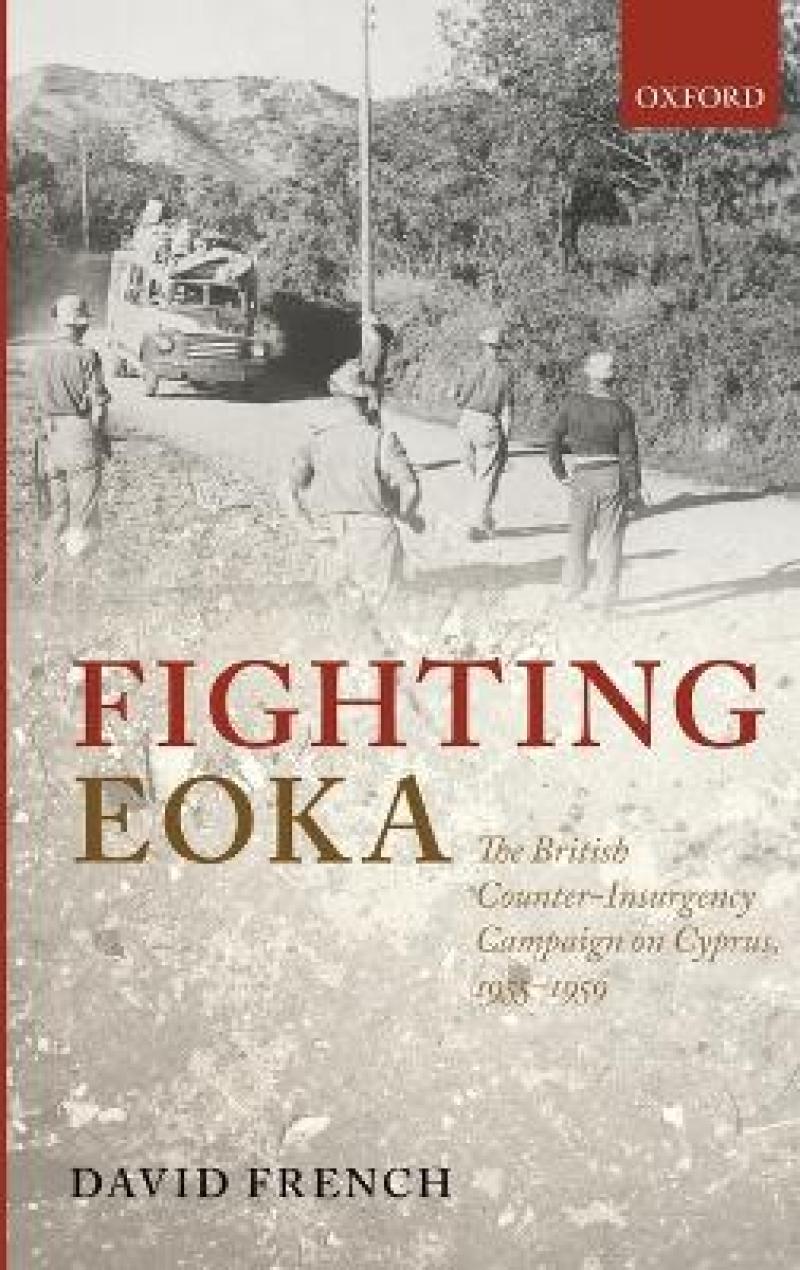exceptional ... It is no easy task for anyone to write about the Cyprus emergency because it can excite passions from the various sides involved, but French succeeds because he tells it how it is. His account is impressive ... and logically structured. The argument is based on a thorough analysis of the archival material, including the recently released FCO files ... as a historian I am thankful that he has done such a thorough job
Dr Andrekos Varnava, Reviews in History
[this book] will surely endure as the authoritative account of the Cyprus 'Emergency' ... a gripping investigation of a fast-moving but ultimately exasperating conflict. An 'investigation' for two reasons: one is that the book's findings rest substantially on recent releases from the FCO 'migrated archive' of security-related colonial files; the other is that French, a scrupulous empiricist, applies the skills of the forensic analysis, cross-referencing accounts and weighing conflicting evidence to reach his conclusions.
Martin Thomas, Intelligence and National Security
this is an authoritative and exhaustive resource for anyone who needs to understand the Cyprus emergency in its domestic and international aspects or is interested in issues surrounding the control of force and reactions to excessive force and losses of control.
Karl Hack, British Journal for Military History
David French has produced a very readable and lucid account which offers an excellent analysis of the origins, course, and consequences of the British counter-insurgency campaign on Cyprus.
Simon Robbins, War in History
